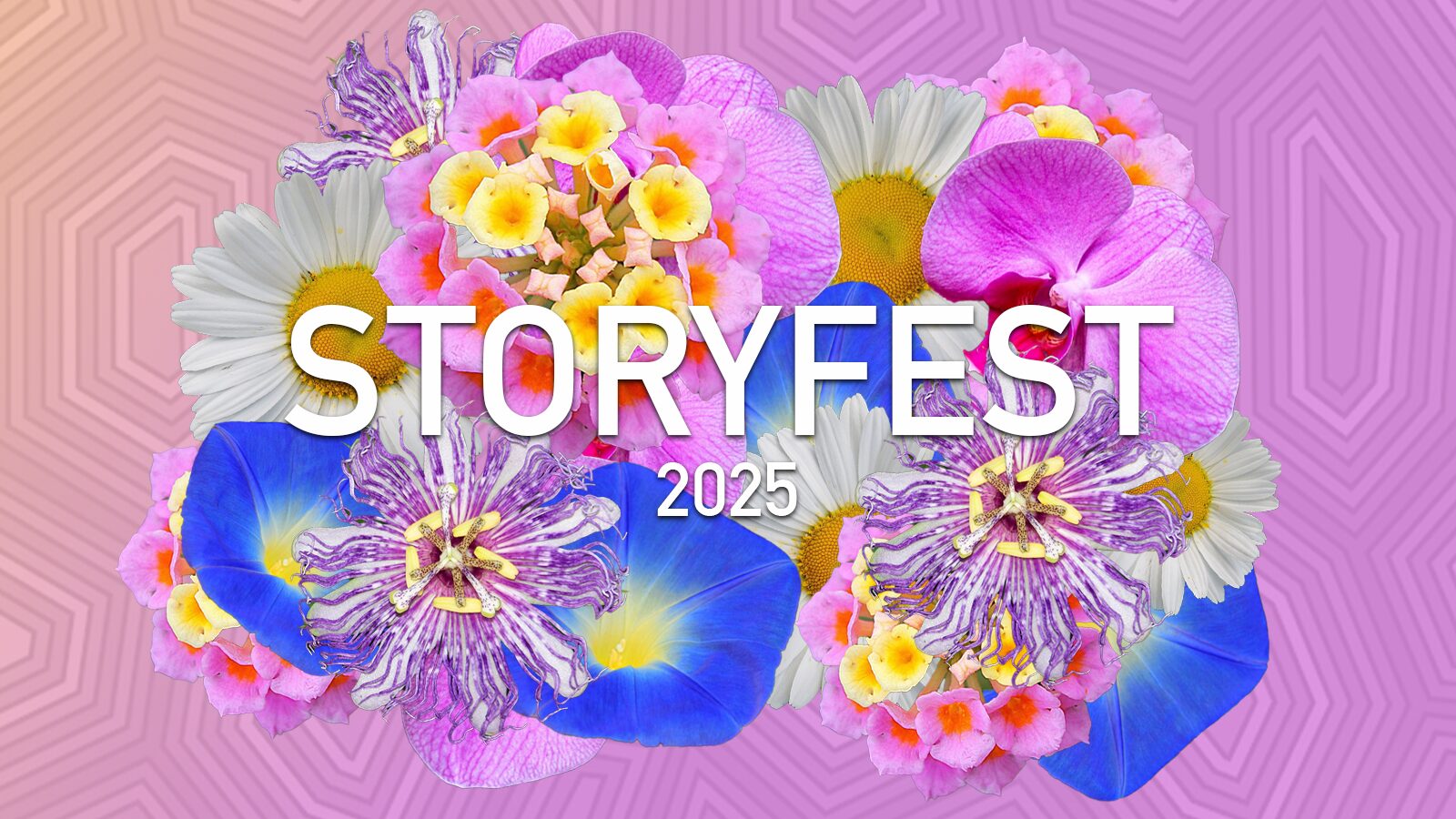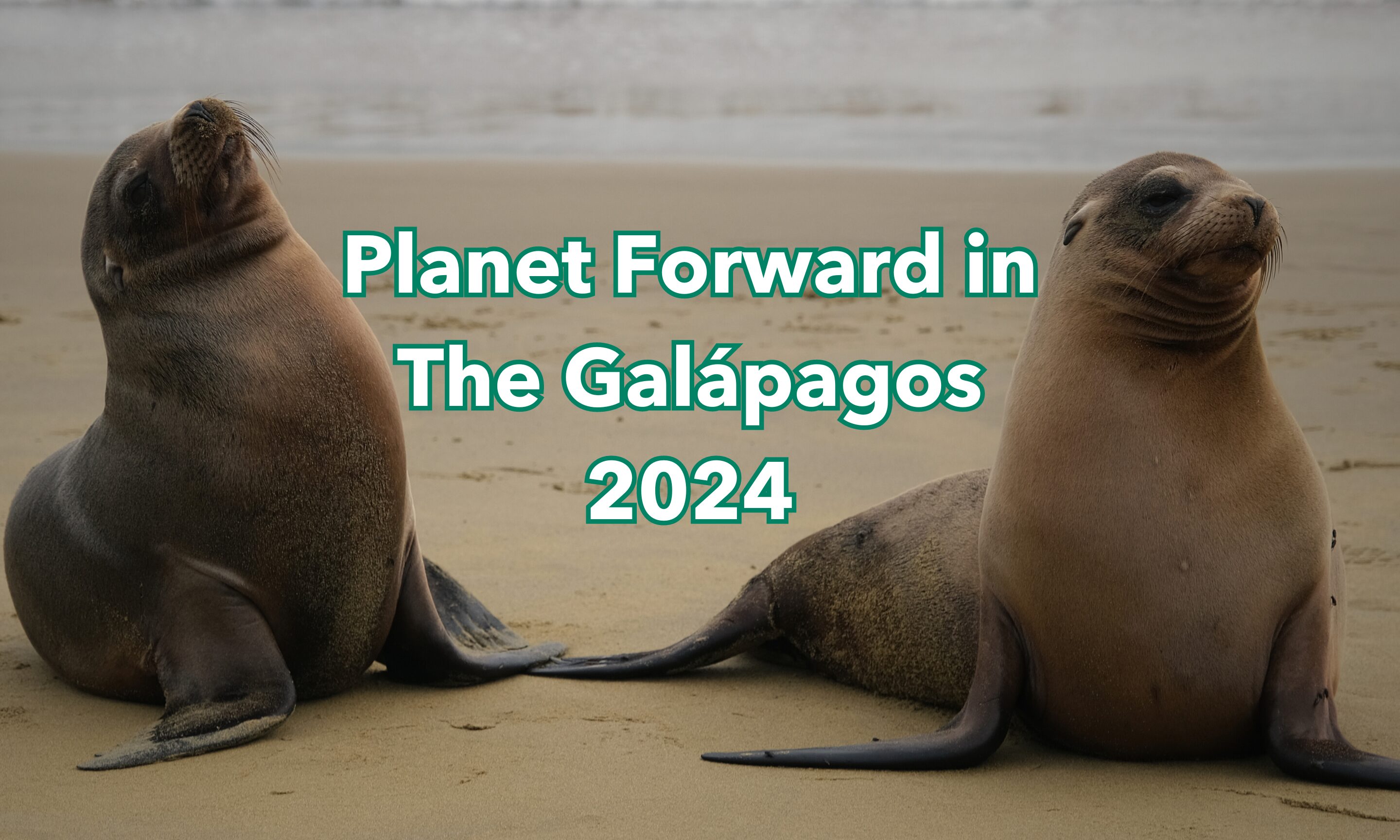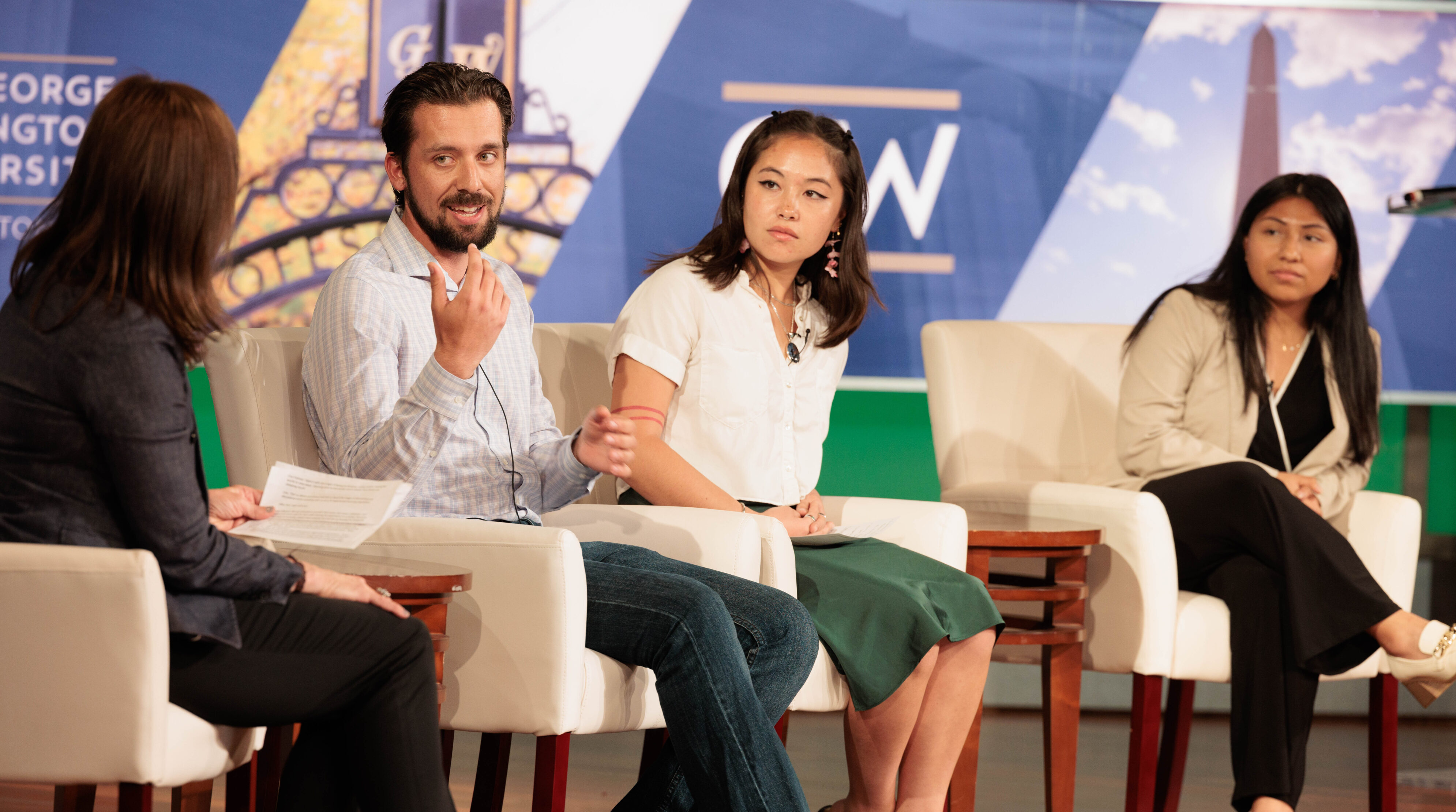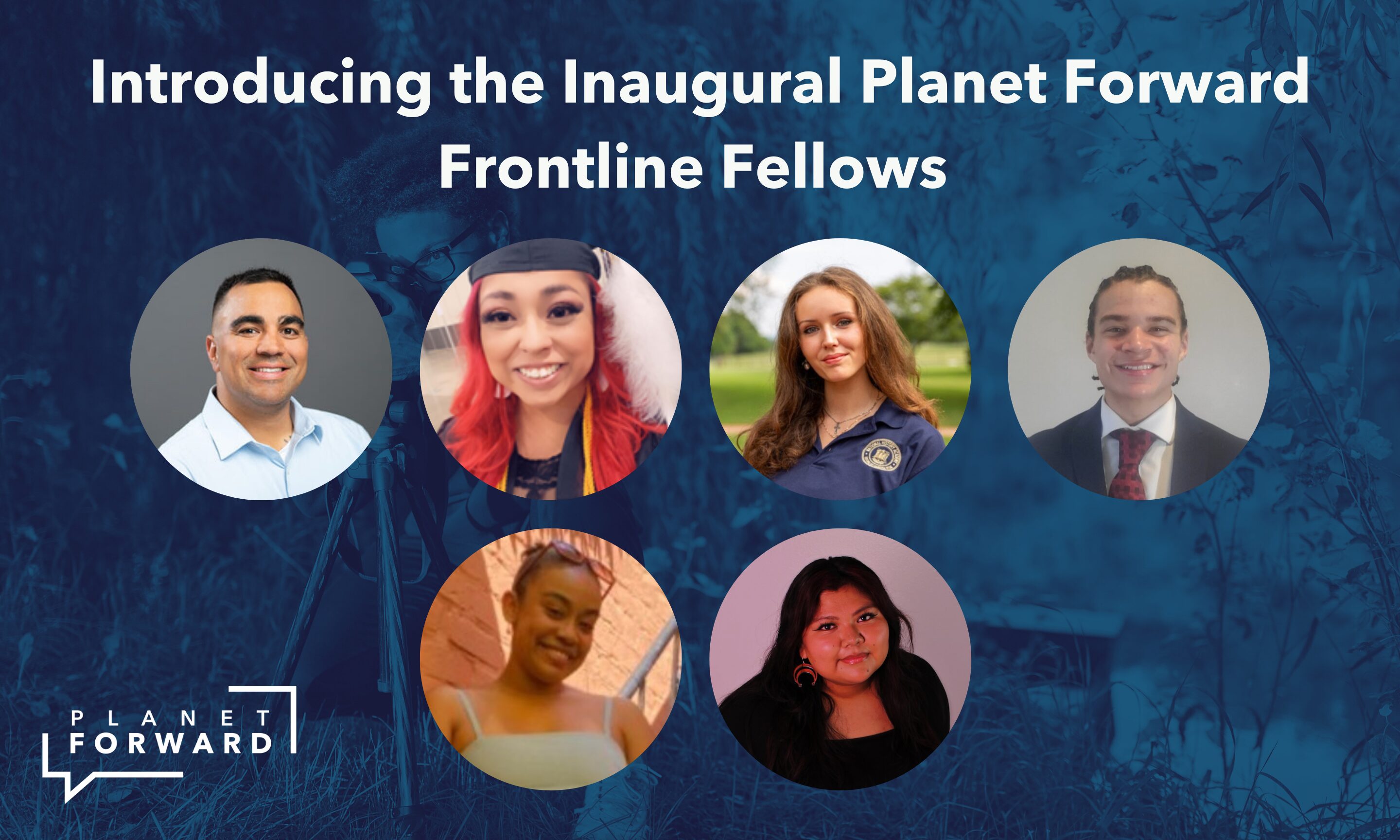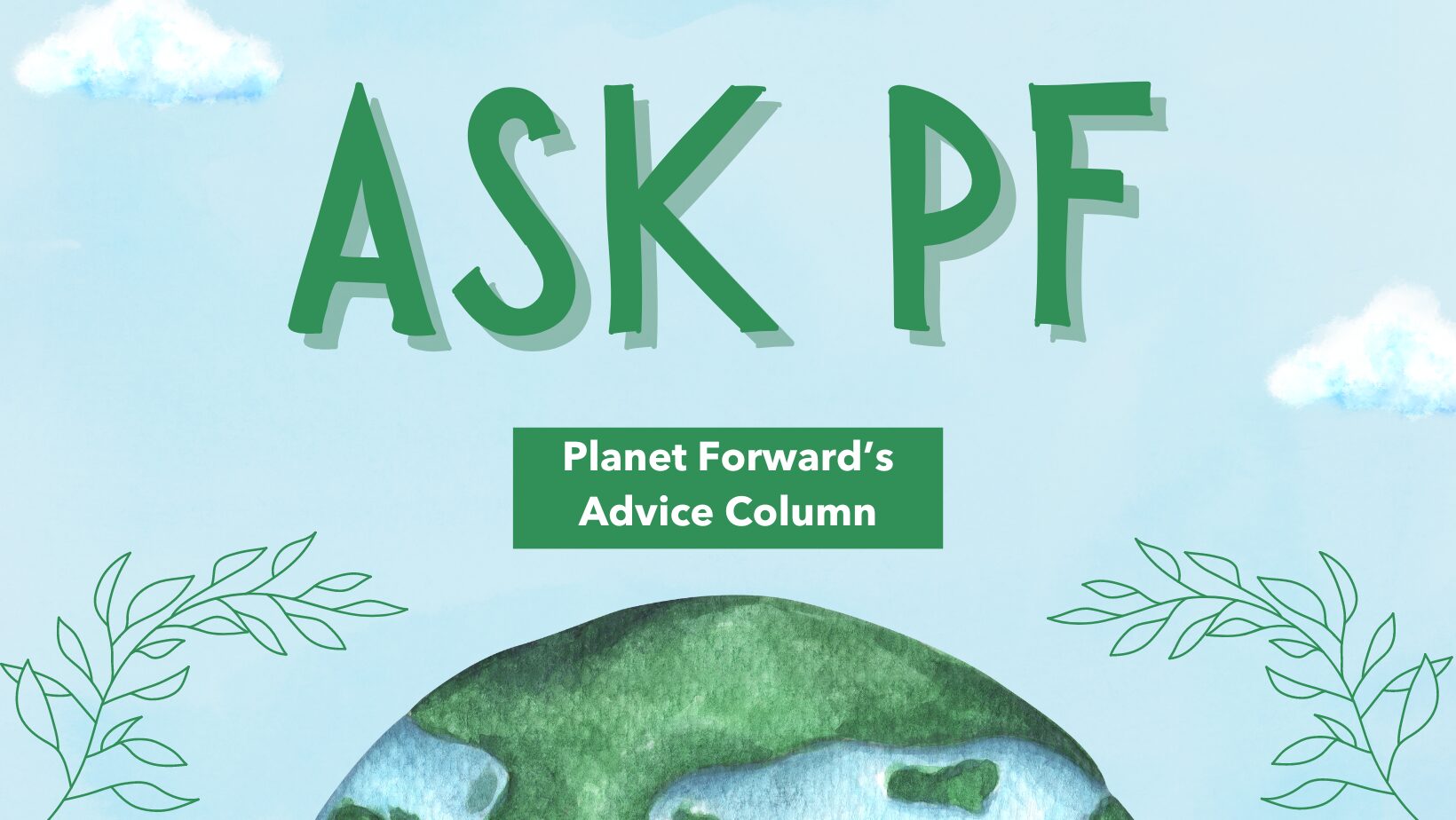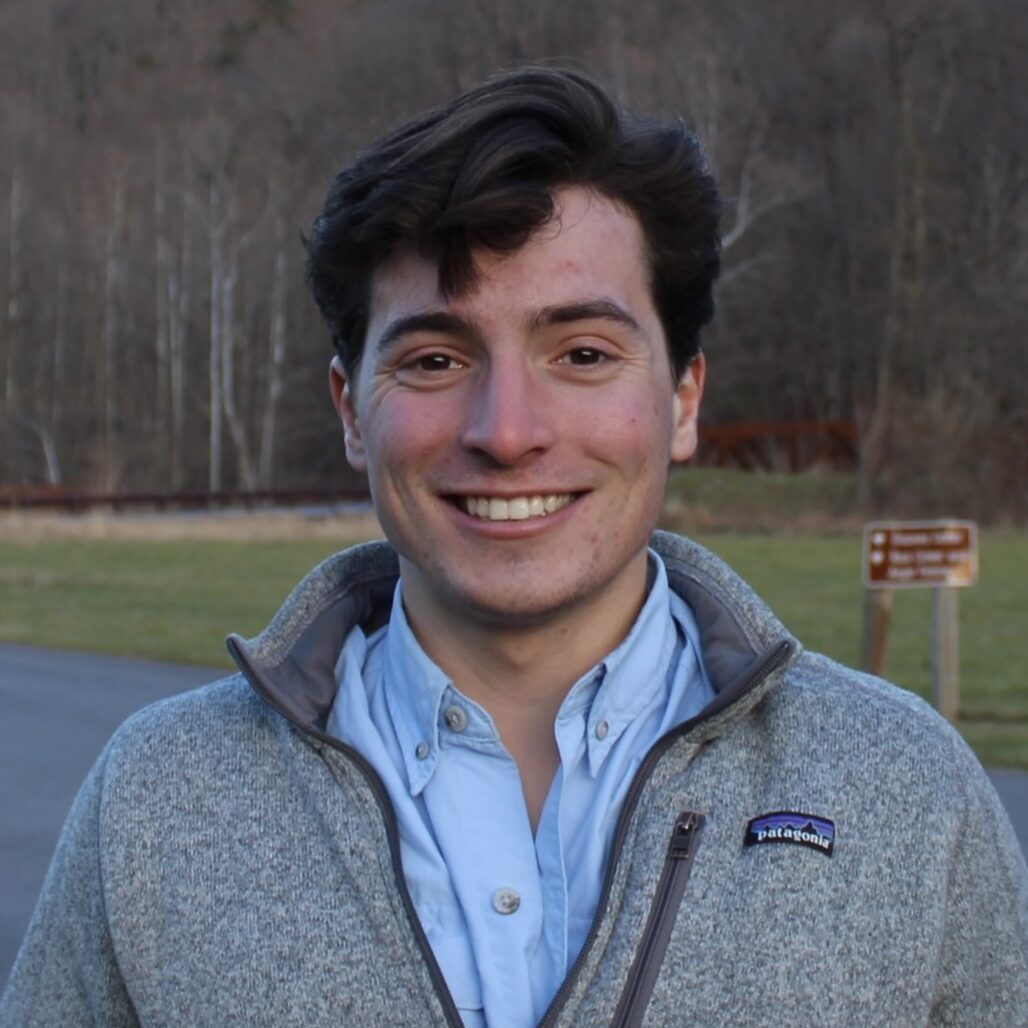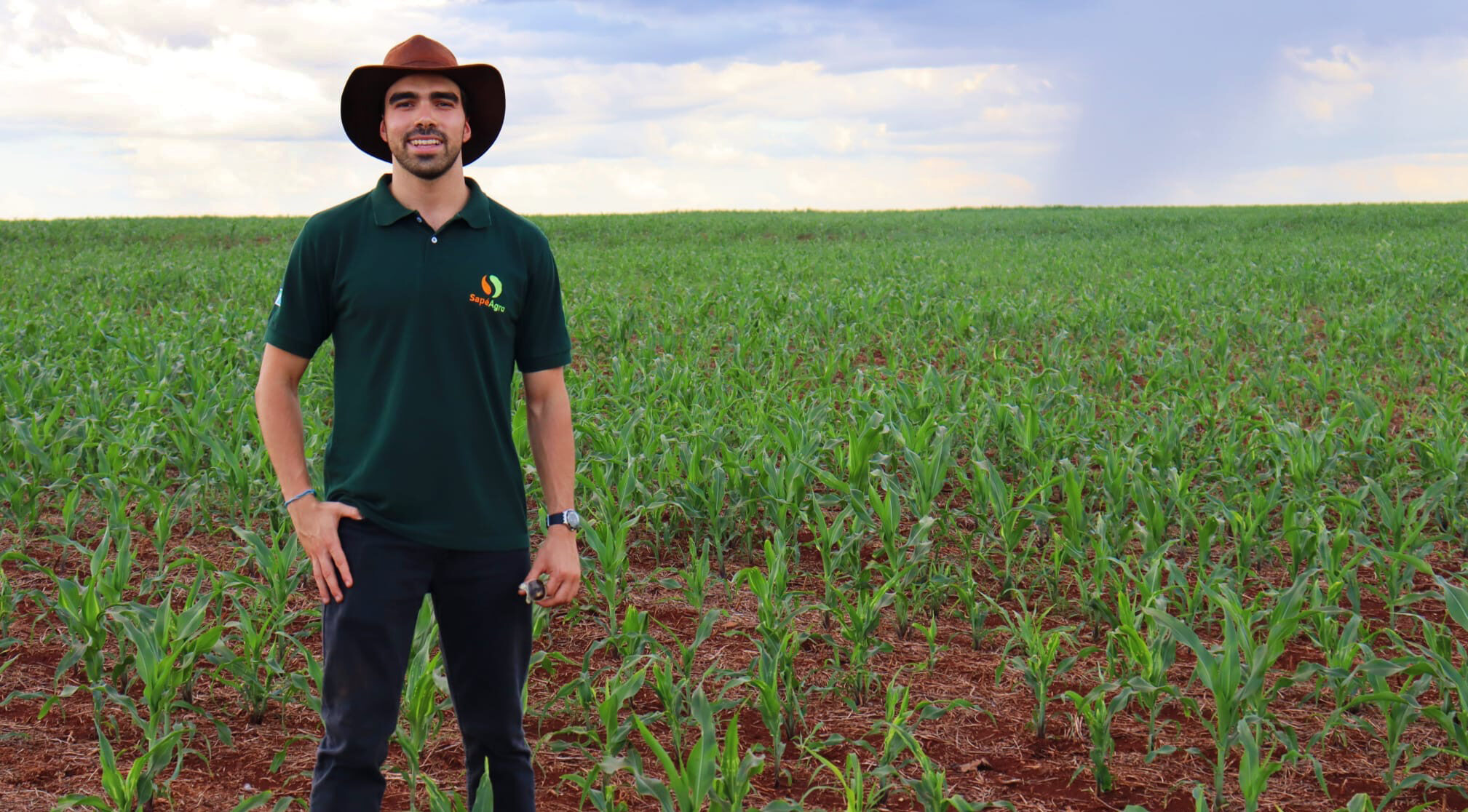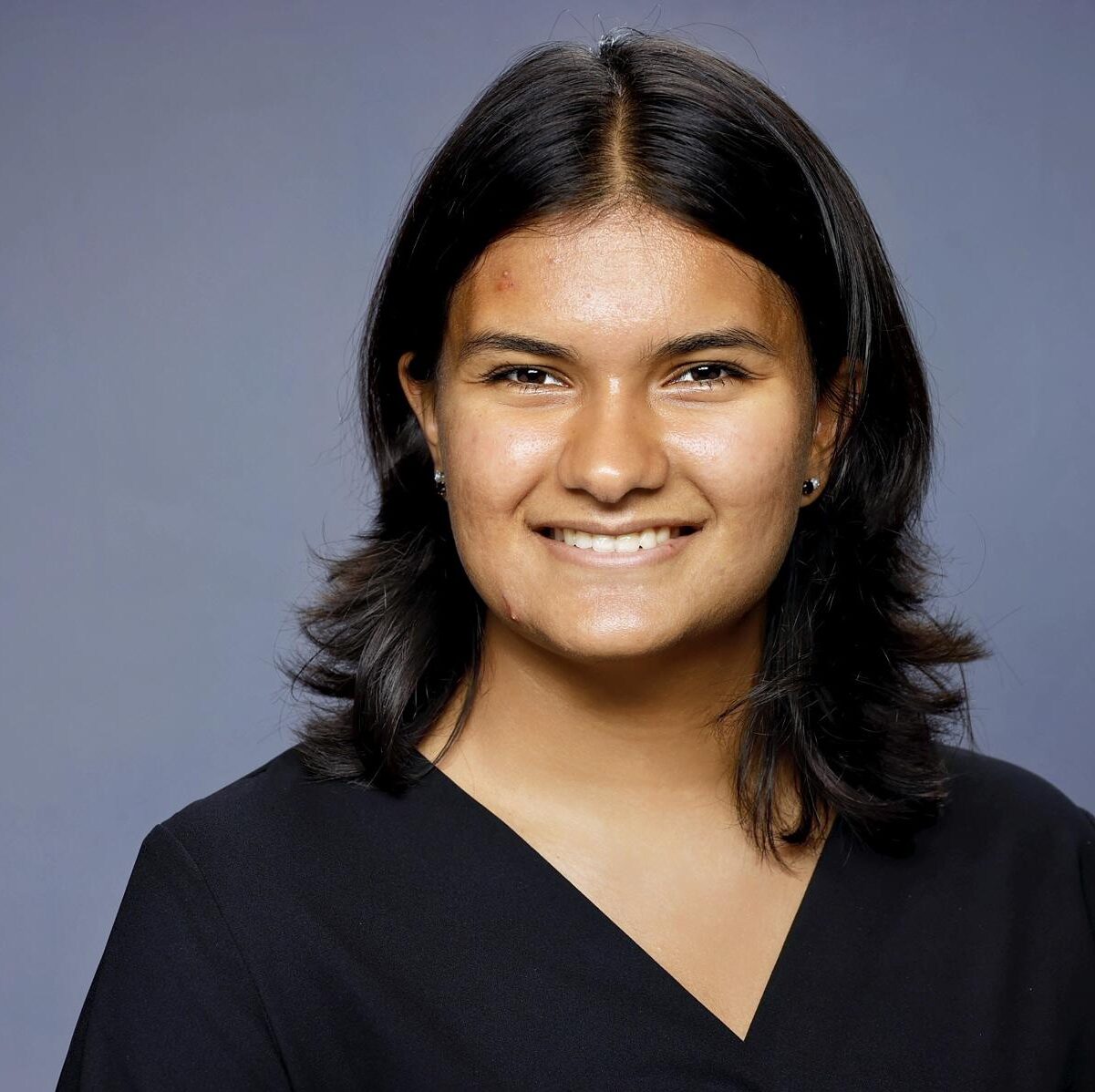Implementing Sustainable Sanitation and Water Management in Ghana
Our program within the Columbia University Chapter of Engineers without Borders (CU-EWB) works with the village of Obodan, Ghana to improve sanitation and access to water resources while focusing on developing methods to convert waste to energy via source-separated latrines. This innovative latrine separates liquid and solid waste, allowing the waste to decompose naturally without odors and allowing villagers to safely clean out the facility on their own. The nitrogen-rich urine that is collected can be used for fertilizer on villagers’ farms and even aid bacteria in producing biomass to be used for methane, and solid composted waste can be used as a source of renewable energy, such as biofuel for powering pumps or methane for use in cooking. Meanwhile, we are designing a gravity-fed water distribution system to improve water accessibility in Obodan, since multiple visits to the water source are cumbersome. A motorized pump can move water from the source—a borehole that currently supplies water to the village, to an overhead tank at the center of town. The pump will ideally be powered by the compost as biodiesel—a clean, renewable and locally available resource. CU-EWB is a student chapter of the NGO Engineers Without Borders USA (EWB-USA), whose mission is to support “community-driven development programs worldwide by collaborating with local partners to design and implement sustainable engineering projects.” CU-EWB plans to improve the infrastructure of rural communities, address large-scale expansion and health issues, advocate for better health and ecological practices, and develop a sustainable ethos of self-improvement in the communities we work with. We work specifically in Obodan, Ghana, near Nsawam in the Akuapem South District. Based on feedback from the villagers of Obodan during community workshops, and considering that Obodan is a farming-based community, our team decided to improve upon the main public latrine, a Kumasi Ventilated Improved Pit (KVIP), built in 2005 with the aid of CU-EWB. We realized that the original KVIP, though helpful in addressing the shortage of proper sanitation facilities, was not an ideal solution due to its release of strong odors and need for relatively expensive cleaning procedure. This past summer in 2010 we implemented one source-separated latrine and began construction on another to be completed this summer in 2011.There are two chambers, where only one is used at a time while the other is covered, usually for about half a year. While one is used, the other will be composting. By the time the used chamber is full, the other will be naturally composted and ready to be converted either to methane or for biofuel use. The source-separated latrine now produces odorless waste—nutrient-rich urine that can be used as fertilizer and solid waste that turns into compost after a certain retention time. Our immediate research efforts are in collaboration with our faculty advisor to address possible avenues of compost reuse, specifically relating to soil for crops and fuel for household use. The community has also expressed their desire for a water distribution system. Currently, villagers obtain water from two handpumps. Our goal is to build a gravity-fed system in which water can be accessed via spigots throughout the village. This requires water to be pumped to an overhead tank from the borehole, and is best accomplished by an automated pump. The solid waste from the source-separated latrine is a most appropriate source of power for the pump. It is a clean energy source, renewable and certainly available locally, especially with the source-separated latrine situated in the village. Further research is being conducted to determine an optimal way to utilize the waste for powering the water pump. The use of waste to power the village’s water system is a sustainable solution to their water and sanitation needs. It is a solution not only to Obodan, but also for developing communities in Ghana and throughout the world. We would especially like to acknowledge the EPA P3 (People, Prosperity, and the Planet) Competition for awarding us a Phase 1 Grant that allowed us to build our pilot source-separating latrine over the past summer. This grant has also contributed to our research into waste-to-energy and fertilizer conversion. It is through Greg Lank of the P3 project that we first learned of Planet Forward.


